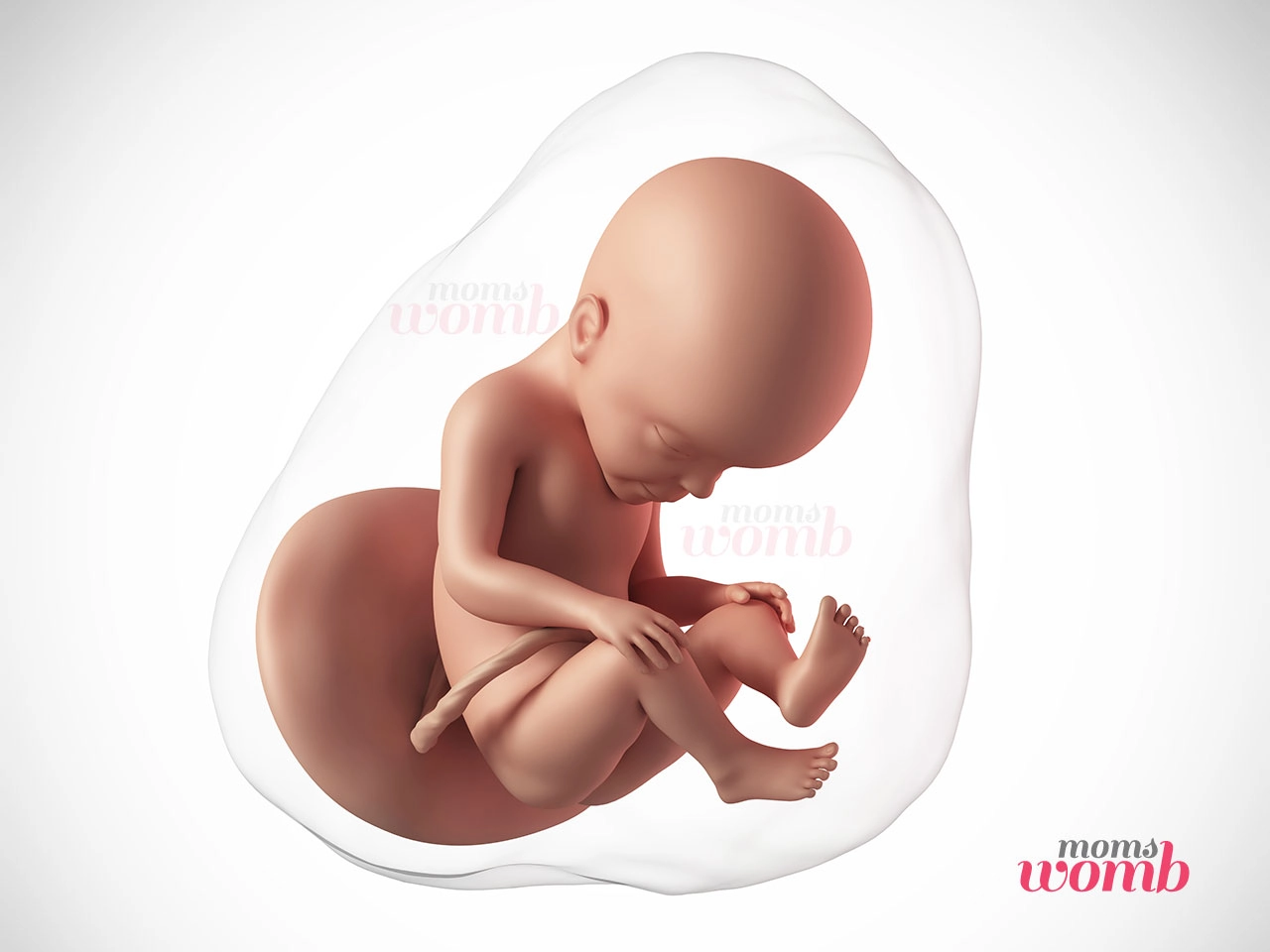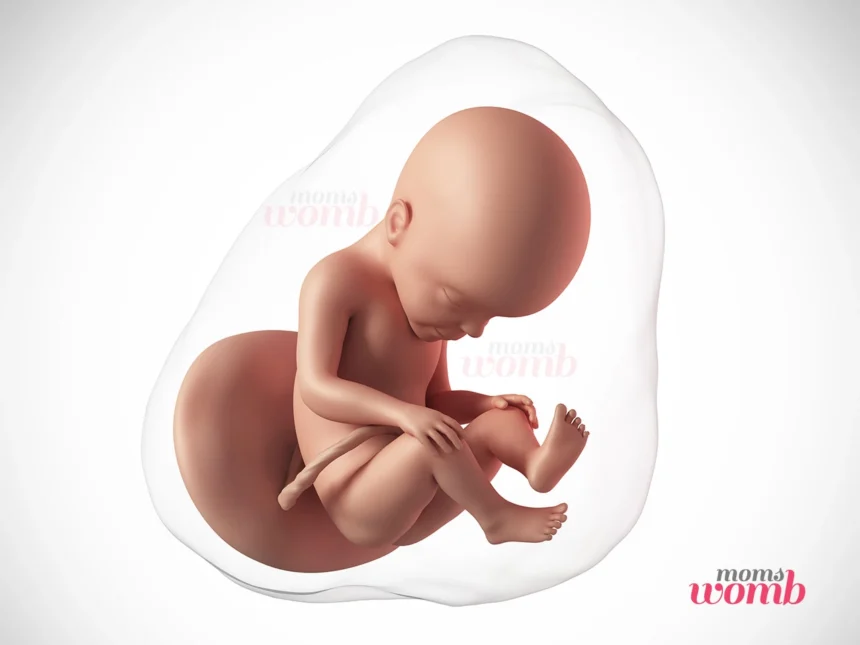The last week of the second trimester, When you are 27 weeks pregnant, you are at the last week
of your pregnancy’s second trimester. From now on, you need to plan for labor and birth. You may observe more rapid changes in your body and in your developing baby.
You probably weigh 16 to 22 pounds more than at your pre-pregnancy weight. When you are gaining more weight and getting clumsier, your little one becomes much more active. You may become more sensitive to external factors and stressful environments.
Have you started to think about labor and writing a birth plan? That’s good! However, since labor and delivery are unpredictable, there are only a few things that you can do to have any level of control over them.
Symptoms experienced by a 27 weeks pregnant woman:
This week you may notice more leg cramps, particularly during the night, which can tend to keep you awake. There is no treatment to prevent leg cramps other than mild workouts during the day. The second trimester is almost over, and there are only a couple of months left until your baby’s arrival, but these last few months can oftentimes feel like an eternity. Continue eating a healthy diet and working out for some time. Still, if you haven’t prepared a nursery and crib for your little one, now is the right time to do so.
During this week, you may experience symptoms like flatulence, occasional dizziness or faintness, nasal congestion, restless leg syndrome, and bleeding gums.
Your increasing uterus size may put extra pressure on your rectum, which will cause you to lose some control over the muscles in your rear. With your sluggish digestive system, you may feel a little gassy. To avoid this condition, eating smaller meals six times a day is recommended, which reduces the burden on your digestive system.
Dizziness or faintness is also common during the second and third trimesters of your pregnancy. Increased belly size puts great pressure on the blood vessels, thus reducing sufficient blood flow to your brain and hence leading to dizziness. So, drink plenty of water to keep proper blood circulating and pumping to the brain.
Physical changes that occur in a 27 weeks pregnant woman:
By the time you are 27 weeks pregnant, you look bigger, and your abdomen has also increased in size, which makes your pelvic muscles more strained. Practicing Kegels can help greatly in strengthening pelvic muscles and making the birth process easier. Also, Kegels can help to strengthen your bladder muscles, thus helping to alleviate urinary incontinence.
During this period, you may notice more swelling, which is more common during pregnancy. About 75% of pregnant women experience some sort of swelling throughout the period. In cases of severe swelling, make sure to call your healthcare provider, as extreme swelling can be a sign of something serious in your body.
You may be suffering from difficulty breathing. Now your uterus is nearly close to the rib cage. Also, the lungs are unable to expand fully. Don’t be concerned. Your little one isn’t lacking oxygen, and the circulatory system is, in fact, functioning more effectively.

During pregnancy week 27, you may experience Braxton Hicks contractions, which are usually referred to as pre-labor contractions that help you prepare for the process of labor. These moments happen at random and are occasionally uncomfortable but not painful.
Stretch marks may become more visible as your uterus continues to expand. The increased production of hormones will also continue this week. Progesterone plays a great role in relaxing your uterine muscles. The fluctuation in these hormone levels can greatly affect your mood. Many pregnant women experience mood swings, which is common during pregnancy. Whenever you feel out of the mood, try to relax as much as possible.
After 27 weeks of pregnancy, women who have a history of premature labor or are at high risk of premature labor are candidates for home uterine monitoring. Women with high-risk complications are at higher risk of premature labor. During such conditions, home uterine monitoring helps prevent an early delivery. Sign of Pregnancy
Fetal changes that occur in a 27 weeks pregnant woman:
When you are 27 weeks pregnant, your baby is about 15 inches long and weighs more than two pounds.
Baby’s internal organs, brain, and several other systems continue their growth. Your baby’s lungs, liver, and immune system are continuing their development until the birth of your child.
Your baby begins to attain regular and predictable sleep patterns and movements. The nerve network around and to the ears has now formed, and your baby is now able to hear you. He or she might even recognize your voice. You can even share the things with your baby, and he or she might be able to respond to you.
You may observe your baby’s hiccups frequently, and you may feel them as a small stinging sensation. During this week, your baby’s eyelids will open up, and the retina also starts growing, thus allowing the baby’s eyes to receive light and translate images.
The little one’s muscle coordination helps him or her start thumb sucking. Thumb sucking activity helps to strengthen the cheek and jaw muscles for nursing. Symptoms of pregnancy
What care should be taken?
Eat well, sleep well, and try to stay active. Proper sleep posture can help you breathe better. Change your living environment to control your mood swings and food cravings. Taking frequent walks, chatting with friends, and keeping yourself busy with any other interesting activity can help you feel better.
Practice some relaxation techniques like prenatal yoga and meditation, as they will develop communication with your baby and also help to reduce pre-labor anxiety.
27-week-pregnant women should get screened for group B streptococcus, which is the common cause of blood infection and meningitis in newborn babies. 10–35% of women can hold this bacterium in their vagina or in the lower intestine. Traditional surrogacy
Women who have a negative Rh factor should be tested for Rh antibodies. In some cases, the mother should get the RhoGAM vaccine to help eliminate the incompatibility factor. If you are among those mothers, you need to get the vaccine again after the 36th week of pregnancy. At the time of delivery, there is a great chance for your baby to be exposed to these bacteria. So, it is essential to undergo a 27-week pregnancy ultrasound to detect any kind of life-threatening infection in the blood as well as the lining and the fluid surrounding the brain.
Have a wonderful pregnancy journey! Go on to know more about the exciting things during pregnancy week 28…









